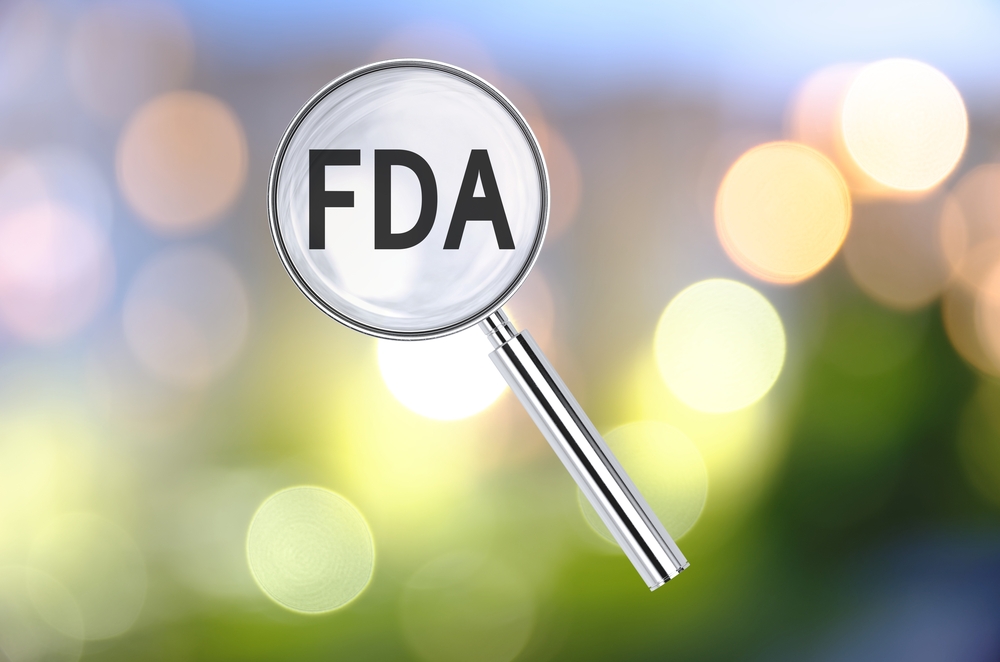Potential DMD Treatment, Now in Phase 2 Study, Marked for Likely Priority Review by FDA
Written by |

 Summit Therapeutics announced that it has received a Rare Pediatric Disease designation from the U.S. Food and Drug Administration (FDA) for its lead drug candidate, ezutromid, as a treatment for Duchenne muscular dystrophy (DMD).
Summit Therapeutics announced that it has received a Rare Pediatric Disease designation from the U.S. Food and Drug Administration (FDA) for its lead drug candidate, ezutromid, as a treatment for Duchenne muscular dystrophy (DMD).
The FDA defines Rare Pediatric Diseases as disorders that primarily affect people from birth to age 18, and appear in fewer than 200,000 persons in the U.S., and the designation opens the investigational therapy to expedited review by the agency.
An orally administered utrophin modulator, ezutromid has shown potential as a disease-modifying treatment for DMD patients irrespective of their particular dystrophin gene mutation. DMD is caused by defects in the genes that encode dystrophin, a protein essential for healthy muscle function. Summit designed its utrophin modulator is functionally and structurally similar to dystrophin.
As reported in Muscular Dystrophy News last month, a new formulation of ezutromid, called F6, achieved a greater than six-fold increase in maximum plasma levels in DMD patients participating in a Phase 1 clinical trial, compared to results achieved with the previous formulation (F3), and at a lower doses.
“Rare Pediatric Disease designation builds upon the Fast Track and Orphan Drug designations which the FDA has already awarded to ezutromid, recognizing a significant unmet medical need in the treatment of DMD,” Glyn Edwards, chief executive officer of Summit, said in a press release. “We plan to leverage these regulatory advantages in the continued clinical development of ezutromid, which is currently in a Phase 2 clinical trial called PhaseOut DMD, to bring ezutromid to patients in need as quickly as possible.”
PhaseOut DMD trial (NCT02858362) results will allow Summit to directly compare the safety and efficacy of the F6 and F3 formulations of ezutromid, and help determine which version to use in future clinical trials. The Phase 2 study, testing the safety and activity of utrophin modulation (2500 mg) in about 40 ambulatory boys (ages 5–10) with Duchenne MD, is still recruiting patients at select sites in the U.K., with sites in the U.S. to be added. More information is available on its clinical trials.gov webpage.
A separate placebo-controlled trial, designed to support the accelerated, conditional regulatory approvals for ezutromid in the U.S. and EU, is planned for 2017 (assuming positive interim data from PhaseOut DMD), with data expected to be available for regulatory filings in 2019.
The Rare Pediatric designation for ezutromid follows on the heels of the drug being placed on Fast Track development by the FDA. The FDA and the European Medicines Agency (EMA) have also granted Orphan Drug designation to ezutromid. That designation carries a number of benefits, including additional regulatory support and a period of market exclusivity following approval.
DMD and utrophin modulation
There is currently no cure for DMD, a progressive muscle wasting disease affecting approximately 50,000 boys and young men in the developed world. Life expectancy for these individuals is into the late twenties. The utrophin protein is functionally and structurally similar to dystrophin, and in preclinical studies continued expression of utrophin has demonstrated a meaningful, positive effect on muscle performance.
Summit believes utrophin modulation has the potential to slow or even arrest disease progression of DMD, and could potentially complement other therapeutic approaches for DMD.
Sources:
Summit Therapeutics plc
For more information, visit:
https://summitplc.com





